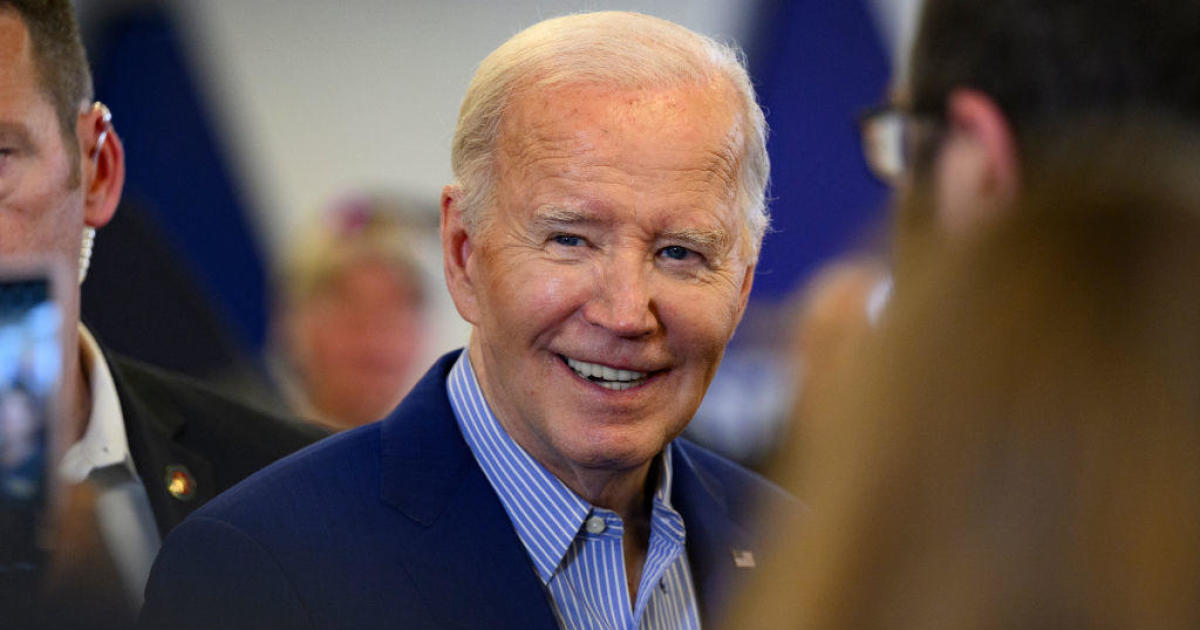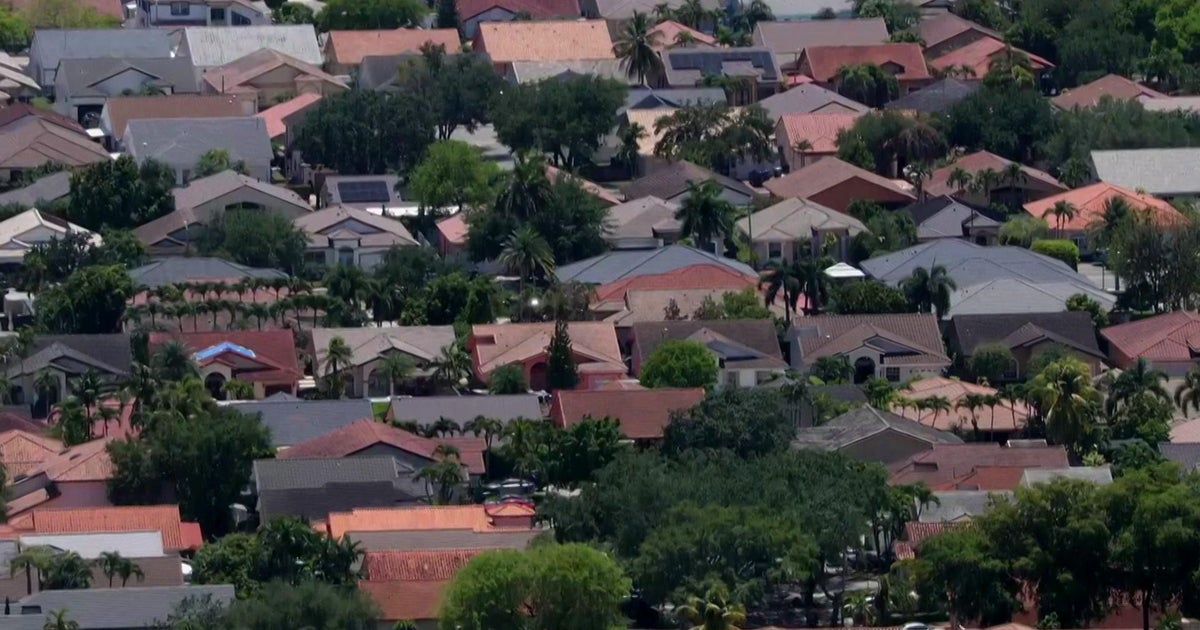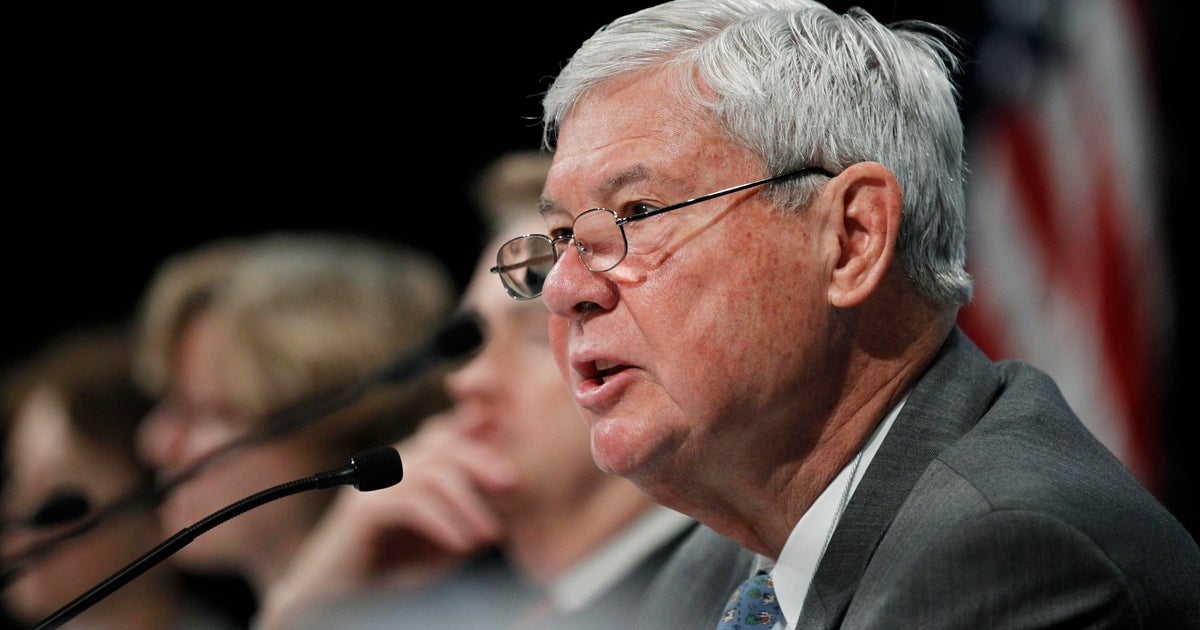Justices Order New Election In Qualifying Check Case
Follow CBSMIAMI.COM: Facebook | Twitter
TALLAHASSEE (CBSMiami/NSF) – Finding a state law unconstitutional, the Florida Supreme Court on Thursday ordered a new mayoral election in Miami Gardens after the "irrational" disqualification of a candidate because of a snafu involving a returned check.
Justices, in a sharply worded majority opinion, sided with candidate James Wright, who had been kept off the Aug. 30 city ballot because a qualifying check was returned.
The case involves a series of events that began in February when Wright opened a campaign account with Wells Fargo Bank and was issued "starter" check for the account, according to court documents. Wright used one of the checks June 1 to pay a $620 qualifying fee to get on the August ballot.
But on June 16 --- two weeks after the qualifying period ended --- the city clerk was notified that the check had been returned because the "account number on the check could not be located," the ruling said. The clerk notified Wright that he had been disqualified as a candidate.
Wright, who had enough money in the account to cover the qualifying fee, filed a lawsuit challenging the decision but lost in circuit court and in the 3rd District Court of Appeal. The rulings were based on a law that addresses situations when banks return qualifying checks. That law says candidates in such circumstances are required to pay qualifying fees by the end of the qualifying periods.
But the Supreme Court majority ruled Thursday that the law barring Wright from the ballot is unconstitutional.
"Therefore, we conclude that this law unconstitutionally erects a barrier that is an unnecessary restraint on one's right to seek elective office," said the majority opinion, written by Justice R. Fred Lewis and joined by Chief Justice Jorge Labarga and justices Barbara Pariente, Peggy Quince and James E.C. Perry. "This unnecessary and irrational barrier … can no longer stand. Unreasonable and unnecessary restrictions on the elective process are a threat to our republican form of government. At their worst, they cloak tyranny in the garb of democracy."
Justice Charles Canady agreed that Wright's candidacy should move forward, but he did not sign on to the majority's reasoning that the law is unconstitutional. Canady said Wright did not raise the constitutional issue in appealing to the Supreme Court.
"Under our system of government, one of the most serious and consequential judgments that any court can render is a judgment that the Legislature has violated the Constitution in enacting a particular law," Canady wrote. "Here, the majority renders such a judgment without anyone suggesting --- much less arguing --- that such a judgment is required by the Constitution. No matter how wise and learned a court may be, the court should not strike down as unconstitutional a law adopted by the Legislature without the benefit of considering any arguments on the issue of constitutionality."
Justice Ricky Polston was the lone dissenter in the case and also echoed Canady's argument that Wright had not raised the constitutional issue.
"While this result is harsh, particularly considering that Mr. Wright did all he could possibly have done to comply with the statutory requirements, this (Supreme) Court does not have the constitutional authority to rewrite statutes lawfully enacted by our state's Legislature by just asserting that a statute that it does not wish to enforce is unnecessary, unreasonable, and arbitrary," Polston wrote.
The majority gave Wright a 48-hour period to submit a qualifying check. His qualifying would trigger invalidation of the Aug. 30 election results and the placement of Wright's name on the November ballot. If the race cannot go on the November ballot, the majority said the city would have to hold a special election.
The News Service of Florida's Jim Saunders contributed to this report.



